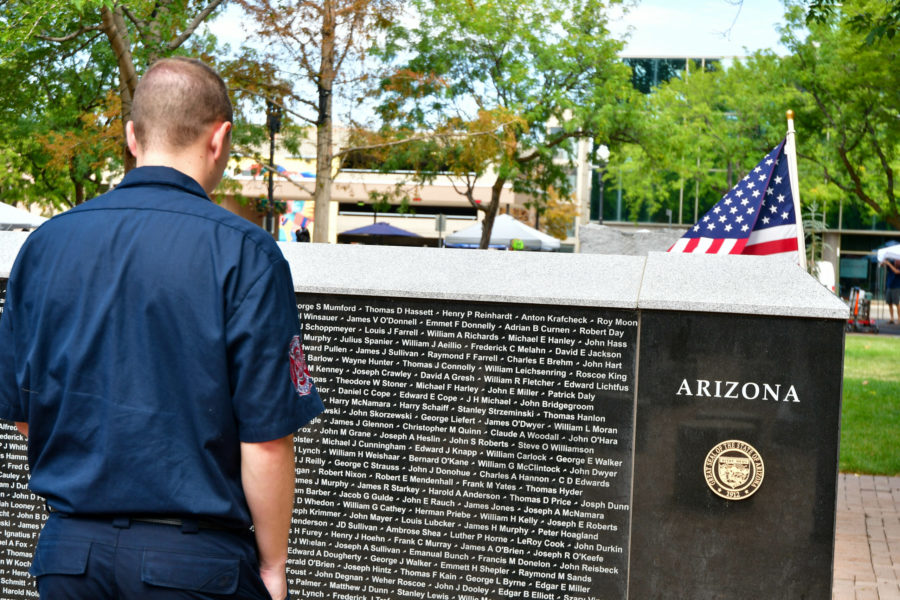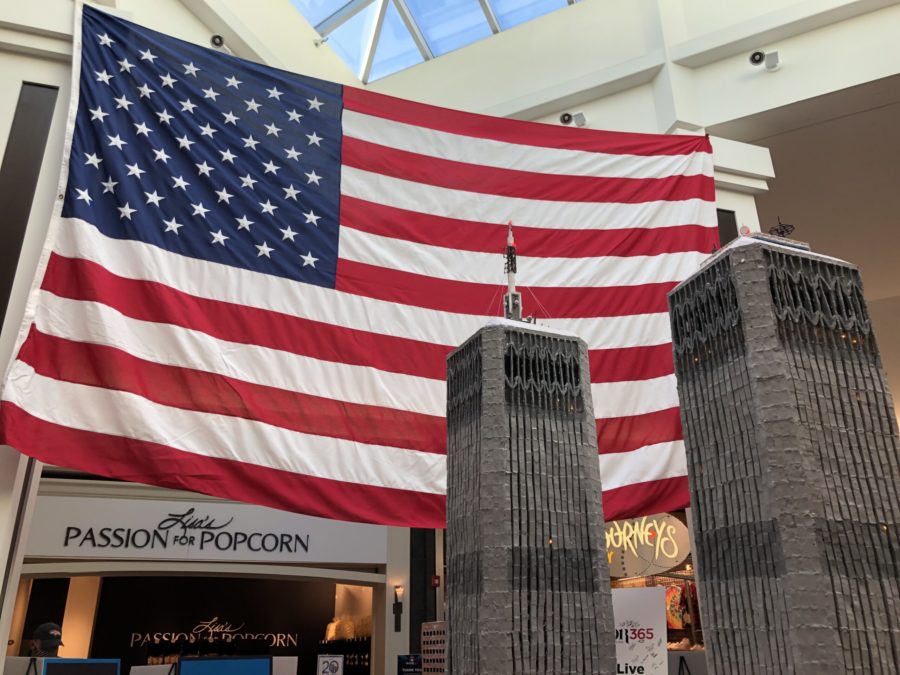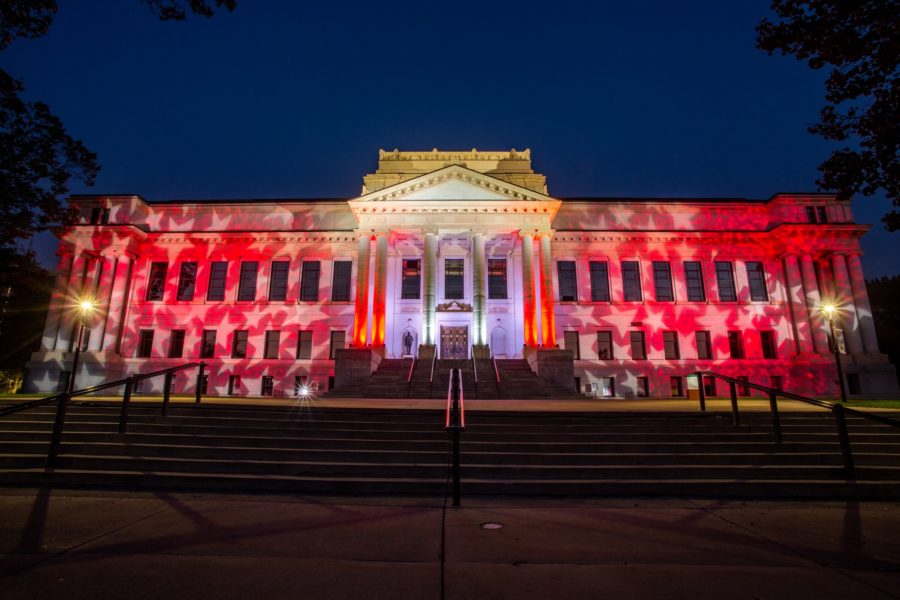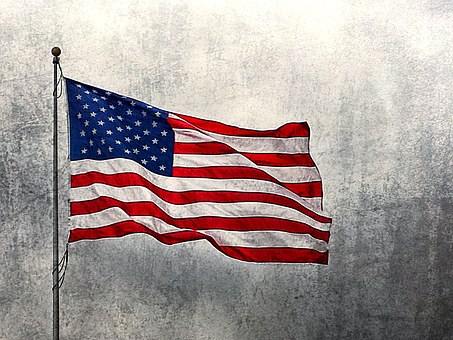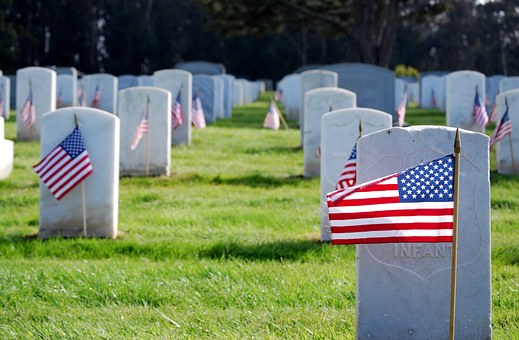
“When we got to Ypres, we found a lot of Canadians lying there dead from gas the day before, poor devils, and it was quite a horrible sight for us young men. I was only twenty, so it was quite traumatic, and I’ve never forgotten nor ever will forget it,” recorded Private W. Hay of the Royal Scots reflecting on when his unit entered Ypres, Belgium, just after a gas attack on April 22, 1915.
The Second Battle of Ypres was initially made famous for the first extensive use of chlorine gas by the German army during the First World War. It was, however, completely memorialized by a grieving Canadian physician as he scribbled his thoughts and feelings on a piece of paper.
Lieutenant Colonel John McCrae was one of the many Canadians that had volunteered for military service and was participating in the Second Battle of Ypres.
“For seventeen days and seventeen nights, none of us have had our clothes off, nor our boots even, except occasionally. In all that time while I was awake, gunfire and rifle fire never ceased for sixty seconds…. And behind it all was the constant background of the sights of the dead, the wounded, the maimed and a terrible anxiety lest the line should give way,” described McCrae in a letter written to his mother.
On May 2, 1915, McCrae lost his close friend Alexis Helmer. During the burial service, McCrae noticed how quickly poppies, a common weed in the Flanders region of Belgium, grew around the fresh graves from the battle. The next day, he composed a poem in the back of his ambulance.
The Poem, “In Flanders Fields,” became extremely popular and is easily one of my favorite poems of all time. The short poem of only 3 stanzas strikes at the heart and reveals what it is like to be sucked into a conflict that, at the time, seemed to have no end.
Though, at the time, the poppy had already been used to represent war, it wasn’t widespread until after the poem became famous. The first widespread use was in 1922 when members of the Veterans of Foreign Wars began distributing them throughout the United States in the days leading up to Memorial Day. Since then, the poppy has been used around the world, particularly by the United States and Commonwealth nations, to remember fallen.

Many wear poppies year round rather than just on Memorial Day, Veterans Day and Remembrance Day. When one walks past my car, they will notice two poppies tied to my dog-tags hanging from my rear view mirror. They serve as a constant reminder of what makes up the foundation of my freedom. A simple reminder of those who came before us, as well as the thoughts and feelings of that grieving Canadian physician in the midst of so much pain and suffering:
“In Flanders fields the poppies blow
Between the crosses, row on row.”


